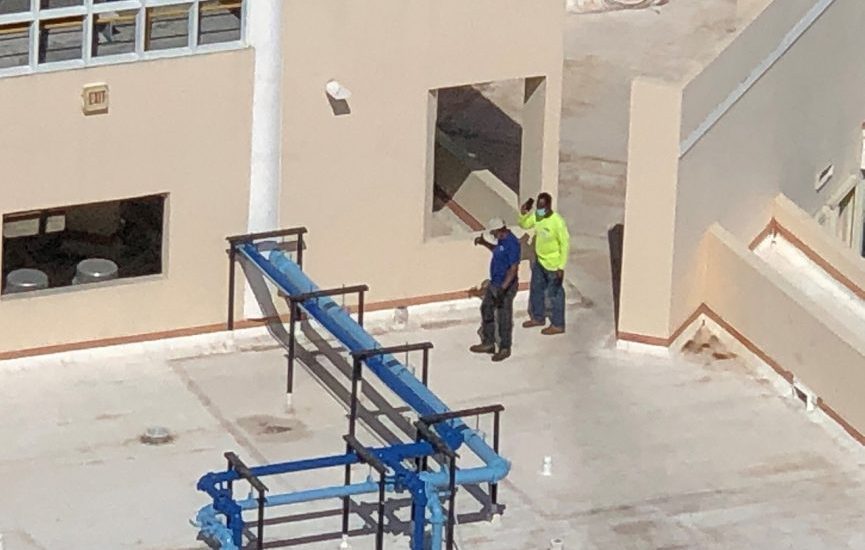- November 9, 2020
- Posted by: admin
- Category: Contractor Legal Information, Florida Contractor License

The following article was written by Miami Construction Lawyer Alex Barthet and appeared first on TheLienZone. It was re-posted with permission. For more information about Alex and his firm, please visit www.TheLienZone.com and www.Barthet.com.
See below for some great information on substantial completion. Do you know the difference between final completion and substantial completion? Hint: they’re not the same.
Do not hesitate to call us here at Licenses, Etc.! If we don’t have the information, we can find it for you!
Every contractor has heard the term and many have had to figure out exactly what it means. Substantial completion is a legal term found in construction contracts to define that stage of a contractor’s work which is sufficiently complete in accordance with the applicable construction agreement. And when used in relation to a project as a whole, substantial completion is that point where what was constructed is fit for occupancy and ready to be used for its intended purpose.
It is a critical term in the life of any construction project as any construction lawyer would advise. It signifies the time the owner versus the contractor becomes responsible, when the contractor’s work is done so that the owner can begin to use the contracted work for its planned function, or in the case of a building, occupy it. That said, it is not necessarily tied to the issuance of a certificate of occupancy.
Importantly, substantial completion is not final completion. There may be any number of minor items left to complete on any given project. These are commonly noted on a punch list. And completion of these items could take several weeks or months, and could sometimes be out of the control of the contractor involved. Generally, final completion is achieved when the architect or engineer on the job has conducted a final inspection. It is then that the contactor submits a final application for payment as well as all related warranties and releases. But final completion does not cancel out the owner’s continuing right to make a claim against the contractor for defective or incomplete work.
Given the importance of this date, it is advisable to specifically define it within any applicable contract. Whether it is to be the date the actual certificate of occupancy is issued by the appropriate building department, the date the owner occupies the subject property or begins to use the work, or the date certified by the project architect or engineer as the date of substantial completion – having this be an actual, definitive and objective date established within your construction agreement minimizes confusion and provides certainty.
At Licenses, Etc., we offer a fast and easy contractor license application process for our contractor clients in Florida and other states. We are a Florida contractor licensing company. Contact us at Licenses, Etc., to get your Florida contractor’s license today by clicking Florida contractor’s license page or calling 239-777-1028.
Leave a Reply
You must be logged in to post a comment.
